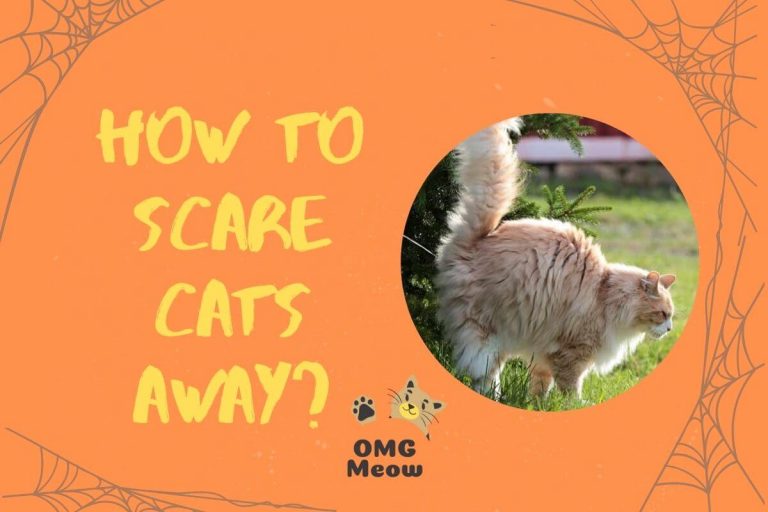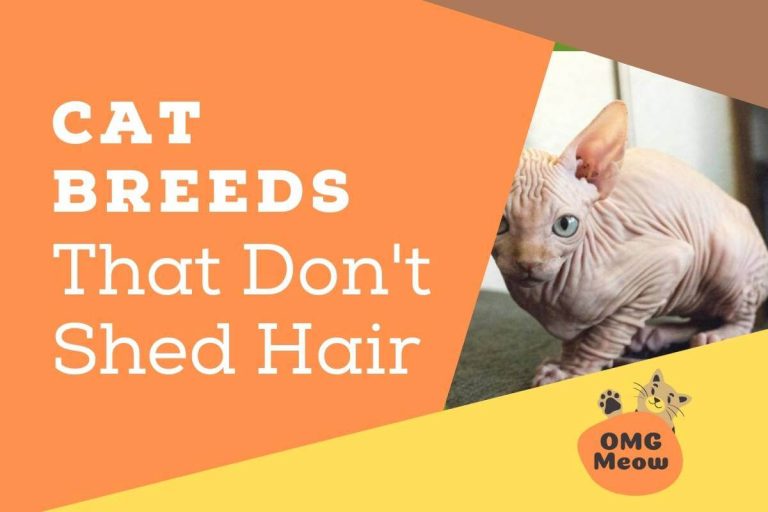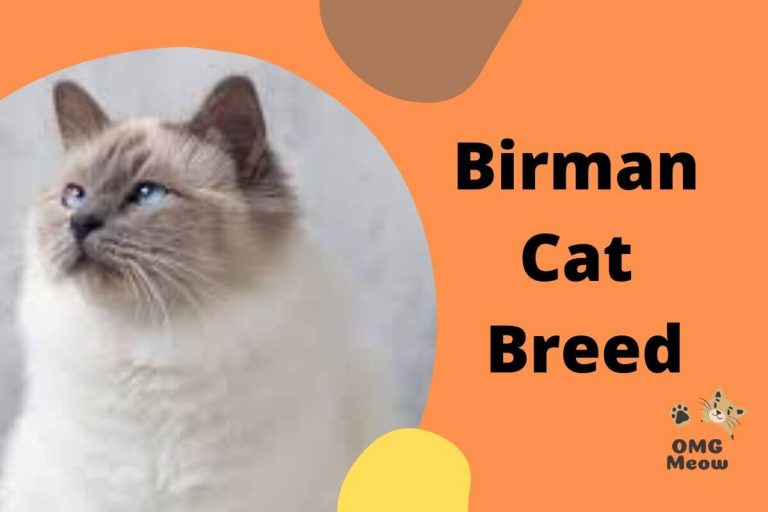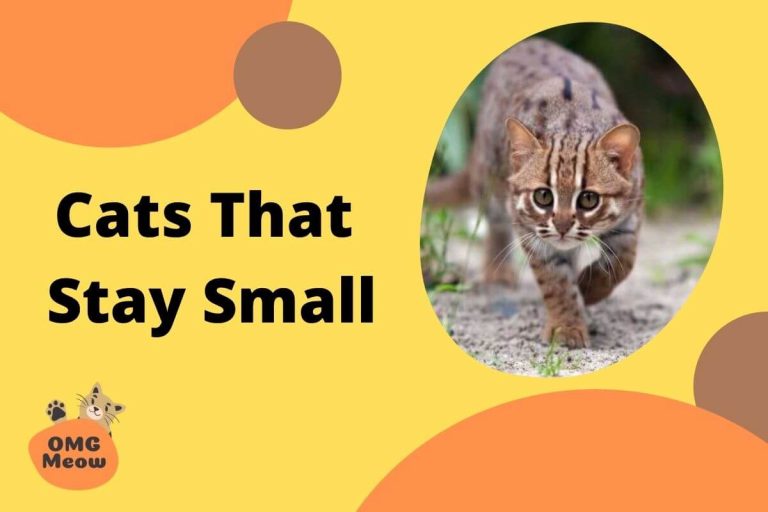The language of cats is based on a combination of posture, vocalizations, and olfactory signals. Usually, we do not pay enough attention to their body language, and we are not able to perceive the different smells, but there is something that we all find impossible to ignore: the meow. This is especially true if your cat meows at night or in the early morning.
Ever wonder why do cats meow? Take a look at the following Basic Guide for Owners and learn everything about the feline meow: why they do it, what it means and how you can manage it.
Did you know…? Cats meow at people, but not other cats. Cat-to-cat communication includes other vocalizations, such as feline “howls,” hisses, and squeaks.
Why do cats meow? The evolution of the meow
There is no doubt that the meow is the most common feline vocalization. Although cats do not typically meow when communicating with other cats, they do meow continuously to communicate with humans.
According to experts, a kitten may meow to attract the attention and care of its mother when it feels hungry, cold, or afraid, but this behavior will stop once it is grown. From that moment on, it will only meow to interact with its owner. Why? Simply put, meowing is a trick that works.
Some researchers have compared the vocalizations of the domestic cat to the vocalizations of its closest relative, the African wild cat. Interestingly, it has been observed that the sounds of the domestic cat, especially the meowing, have evolved to be more pleasant to the human ear (higher, less threatening).
People are known to be sensitive to this type of vocalization, hence we are more likely to respond positively, for example by providing attention. It is very similar to what happens when a baby cries.
Cats can learn to modify the characteristics of their meow, such as frequency or duration so that people know exactly what they want.
It is worth mentioning that not all cats meow the same. The meow can vary depending on the breed, and even the particular cat. Oriental breeds, especially Siamese cats, are known to meow more than usual. In addition, there are cats that meow because they simply like to listen to themselves.
But in a general sense, cats meow because they are trying to communicate or achieve something. The more experience a person has as a cat owner, the better their understanding of what the pet means by each meow.
How to interpret the meows of a cat? Types and Meanings
Experts usually talk about 6 different types of meows, which vary in duration, intonation, and volume. These are described as:
- Short meow
- Multiple meows
- Low-pitched meow
- Mid-tone meow
- High pitched meows
- Spread meow
What does each of them mean?
Short meow
“Hello!”
This short, high-pitched meow is the most common of all. It means that your cat is greeting you.
Multiple meows directed at you
“I feel happy because you are at home”
It usually occurs when the owner returns home from a day out, or when they haven’t seen each other in a long time. In that case, the cat meows to greet you and communicate that it is exciting to see you.
Low-pitched meow
“My bowl is empty”
The low meow type is associated with complaints. It is very likely that your cat is unhappy about something that you have not done, or that you have done wrong.
Mid-tone meow
“Give me food” “Give me attention”
If a cat meows in this way, it is probably trying to communicate some kind of plea. For example, he may want you to serve him food or give him attention.
High pitched meow
“You have stepped on my tail”
It means that the cat is angry or in pain. A common example is when your tail is accidentally stepped on.
Spread meow
“Let me out now!”
When cats meow extensively for a while, it means that they are demanding or asking for something. The pet may be meowing for you to let him in or out.
Did you know…? Cats make sounds and vocalizations that are imperceptible to the human ear. In that case, they can only be heard by other cats.
9 reasons a cat can meow
Cats meow for many reasons. This is a way of expressing different needs and emotions, from something as simple as a greeting to something serious like an illness.
Different sources agree that a cat can meow for the following reasons:
-
Greet
You can expect your cat to meow when you return home, when he meets you inside the home, and when you talk to him.
-
Ask for attention
Cats enjoy social contact with people, which is why they meow for attention. Some are known to be very vocal when it comes to attracting their owner. Your cat may want you to pet it, play with it, or just talk to it.
Cats that are left alone for long periods of time in the day are more likely to meow to get attention.
-
Order food
It is very common for cats to meow because they are hungry. Some may meow excessively as mealtime approaches. They even use the meow to wake up their owner if they haven’t served breakfast yet.
-
Communicate pain or illness
Excessive and unusual meowing can be an indicator that the cat is sick or injured. According to experts, there are numerous feline diseases that cause hunger, thirst, or pain, which in turn causes the pet to meow more than usual.
It is advisable to go to the vet as soon as possible if this cause is suspected.
-
Ask to be let in or out
When a cat wants to go out, it shows by meowing in front of the door. The same happens in the case of wanting to enter. This behavior is most often seen if the person is trying to transition the cat to live exclusively indoors or outdoors.
In that case, it is normal to have incessant meowing at doors and windows for several weeks.
-
Express a state of stress
The stressed cats become more vocal than usual. Triggers like the arrival of a new pet or baby, relocation, visits to the vet, and the loss of a loved one can cause a cat to meow from stress.
-
Find a partner
The females in heat mew to announce that are receptive to males, and male cats meow when they smell a female. This is especially true if the cat has not been neutered. This is one of the main causes of excessive feline meowing.
-
Communicate loneliness/anxiety
Cats that are left alone for long periods of time can develop anxiety. Like a stressed cat, an anxious cat will start to meow more than normal.
-
Express disorientation and mental confusion (older cats)
Your cat can develop a form of cognitive dysfunction or mental confusion as he ages. When this occurs, it is normal for the pet to feel disoriented, cry for no apparent reason, and meow in a high tone, especially at night.
Since cats can make a variety of vocalizations, your cat will likely use different sounds at different times, and with distinctive meanings.
Paying attention to the context in which the cat meows, as well as the pitch and duration of the sound, can help you understand what is causing any meows.
How do manage the meow in cats?
How to reduce feline meowing? What to do to make my cat less vocal? The most important thing to be successful in this task is determining the cause.
Before trying to curb a cat’s meowing, make sure you know what circumstances surround it and what seems to be working to stop it. Identify a pattern in their behavior, and depending on the findings, try any of the following suggestions.
For example:
If the cat is obviously meowing for attention, show him that he will only get what he wants when he’s quiet. Resist the urge to talk to him or give him any kind of attention. Be patient and wait for a moment of silence; only then should you give it the attention it craves. If he starts meowing again, walk away and come back when he’s been quiet. Doing this consistently can help control your meow.
If the cat spends a lot of time alone and is meowing as a sign of loneliness, consider seeking the services of a pet sitter, ask someone you trust to come over for a while to play with or find other alternatives to entertain. and enrich the life of the pet.
If your cat has gotten used to meowing for you to give him food or treats, you should teach him that you will only feed him at set times. The pet must learn that the meow does not work. If this is not successful, then it may be a good idea to purchase an automatic feeder so that you can schedule it to open at specific times during the day.
Note. Unless recommended by your vet, avoid constant feeding. Remember that overfeeding can put your pet at risk for obesity and other related diseases.
When the cat meows to be let in or out, the solution may be to install a cat door.
On the other hand, the best way to control excessive meowing from a cat in heat is to sterilize it.
If the cat seems to meow just to say hello, there isn’t much to do about it. This feline behavior is difficult to eradicate.
What not to do?
Never ignore a meowing cat without first making sure there is no problem. Sometimes the meow has a good reason, for example, the cat cannot reach its litter box, the water container is empty, or it is trapped in a room. Pay attention to determine if it is a meow that you can safely ignore, or if your cat may actually need help.
Punishing a cat for meowing is not recommended. Hitting, yelling, and spraying water rarely work to calm a vocal cat. On the contrary, these actions can cause the pet to feel mistrust and rejection towards its owner.
If a cat is used to getting what it wants by meowing, it is very likely that it will meow louder and louder when this stops working. Always make sure to ignore this type of vicious meow and to reward only calm behavior.
Quick Answers to Frequently Asked Questions
Why do cats meow at night?
Cats are well known for being nocturnal creatures, hence they are commonly heard meowing at night. This behavior can be extremely annoying for some owners, especially when the nocturnal meowing interferes with sleep.
While some cats may meow at night for no apparent reason, others do so to communicate discomfort, reproductive interest, or illness.
In summary, these are the most common causes why a cat can meow at night or in the early morning:
- Twilight habits
- Boredom
- Illness
- Aging
- Heat period
To begin with, cats are naturally more active at certain times of the night, especially at twilight hours (dusk and dawn). Their instincts indicate that the night is a good time to hunt. It is worth mentioning that the tendency to meow at night is more frequent in young cats; this behavior appears to diminish once they reach maturity.
At other times, this can just be a sign of boredom or lack of stimulation. Your cat may meow at night if he hasn’t had enough activity during the day. Note that active play before bed can help drain his energy and prevent him from meowing later to get your attention.
Likewise, there is the possibility that a cat will not stop meowing at night because it is sick. Conditions such as kidney disease, overactive thyroid, and cognitive dysfunction syndrome in older cats can lead to excessive nocturnal vocalizing behavior. In that case, it is always advisable to consult the vet.
Another cause of loud and constant meowing at night is heat. Both male and unspayed female cats go through this natural phase, in which they use different vocalizations and scents to attract a potential mate.
Lastly, does your cat spend all day outdoors, but stay indoors at night? There is a high probability that he will meow because he feels imprisoned or trapped.
What to do to stop a cat from meowing at night?
Cat meowing at night can be avoided or reduced by taking the following measures:
- Ensure that the cat engages in different activities throughout the day. A tired cat is a calmer cat.
- Provide a late-night meal. Keeping him satiated may be a good idea to control meowing.
- Whenever it is safe, install a cat door so that it can go outside and spend its energy outside.
- Sterilize the pet.
- Go to the vet if you suspect an injury or illness that needs to be treated.
What happens when a cat meows non-stop? What Causes Excessive Meowing?
First of all, it should be mentioned that there is no strict definition for excessive meowing in cats. What is considered “excessive” depends on the tolerance level of each person, which can be influenced by many factors, such as previous experience with other cats, the type of vocalization, the time of day, and the apparent cause of the meow.
For example, a cat that meows loudly to be served breakfast may be more tolerable than the same cat meowing nonstop in the middle of the night for no apparent reason.
With that said, the top 7 causes of constant meowing in cats are:
- Seeking attention
- Zeal
- Hunger
- Pain and disease
- Mental confusion caused by aging
- Stress
- Anxiety or frustration





